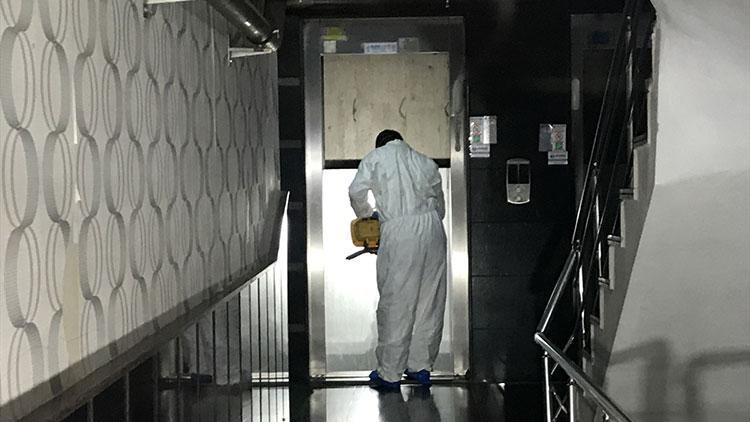Squeezing the free movement between the nucleus and the rest of the cell offers a new way to inhibit tumor growth. This is the conclusion of American researchers led by biochemist Maximiliano D’Angelo of the Sanford Burnham Prebys Medical Discovery Institute in La Jolla, California. They describe their results an article published Monday in Cancer Discovery .
The researchers stopped the transport to and from the cell nucleus by inhibiting the production of two important proteins that are necessary for the construction of nuclear pores, narrow gates in the double membrane that surrounds the cell nucleus. Earlier research had already shown that aggressively dividing tumor cells in particular have a striking number of nuclear pores. And apparently that is not for nothing, because if they are inhibited in this, these tumor cells die.
D’Angelo’s research is still at a very early stage, and the method that has been studied is still far from suitable for treating patients. In the study, human tumors were placed in the body of mice.
Achilles heel
“Nice fundamental research,” says biochemist Liesbeth Veenhoff of the University of Groningen in a response. “It shows beautifully that the nuclear pores are an Achilles heel of a cancer cell, and that we could make smart use of it.” Veenhoff himself studies nuclear pores in yeast cells, which are very similar to human ones. “Dividing cells, and therefore especially those runaway cancer cells, are super dependent on those nuclear pores. Because just think: in order to divide, all proteins must be present in the cell at least twice. All instructions for the production of proteins have to go from the DNA through those nuclear pores to the cell, where the protein is ultimately made. ”
The researchers from California have shown for the first time that by locking up the nuclear pores they can slow down the growth of human tumors. The trial was successful with three types of tumors: melanoma (aggressive skin cancer), leukemia and colon cancer.
The trick is to prevent cells from building nuclear pores temporarily. Core pores are complex structures consisting of 32 types of proteins that together form a channel through the core shell. By switching off those proteins one by one in cultured cells, D’Angelo’s team discovered two nuclear pore proteins (NUP160 and NUP93) that turned out to be indispensable for the construction of nuclear pores. Without these two no protein complexes from which the channel could be built up.
By building in a genetic switch, the researchers were able to turn NUP160 and NUP93 on and off on command. For normal cells it does not seem harmful if nuclear pore production temporarily stops, they temporarily stop dividing, and can then continue normally again. However, tumor cells quickly ran into problems and died.
Replicatiestress
When no new nuclear pore proteins can be made, and cells keep dividing, the daughter cells depend on the existing supply of nuclear pores from the mother cell. With every cell division, that deficit quickly increases. This turned out to put the tumor cells under replication stress, whereby so much went wrong in the duplication of the DNA and other cellular processes that the cells did not survive.
Veenhoff sees leads for her own research: “I study how cells perform a quality control on the build-up of good nuclear pores. Shutting them down completely like in this study is probably not a good idea for a drug. But you could intervene in the regulation. ”
Also read: Finally we can really look inside the cell
–
/s3/static.nrc.nl/bvhw/files/2020/09/data62583404-8aabe9-e1601397741392.jpg)

